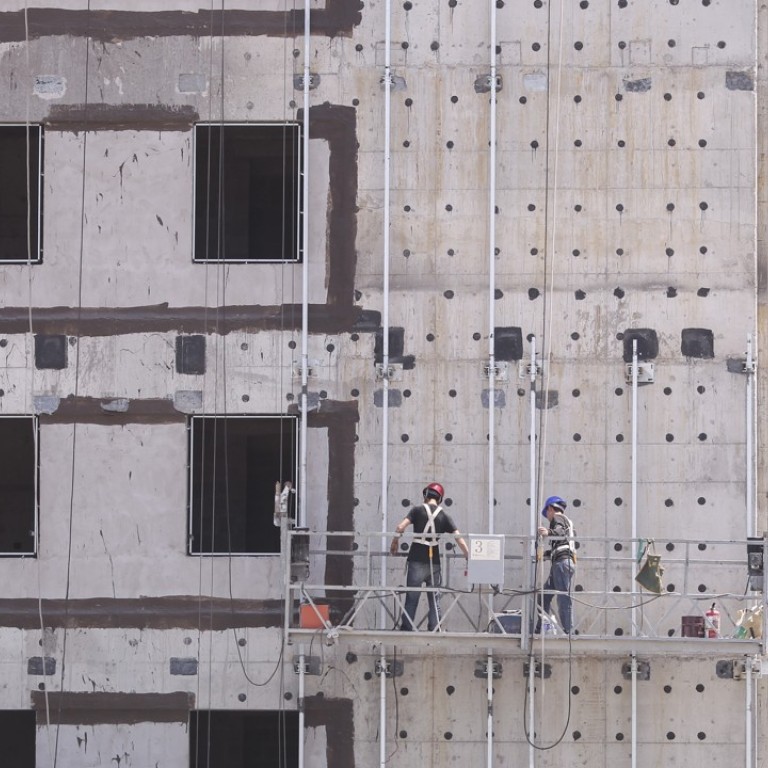
Chinese property investment to drop to ‘normal level’, says top adviser
Real estate investment, a key pillar of China’s economy, is expected to fall back to a “normal” level – about 2 to 3 per cent growth – in the second half of this year, according to a top Chinese economic adviser.
“Real estate investment actually would have peaked in 2014 if there hadn’t been an upsurge in 2016. So the year-on-year growth will slip to 2 to 3 per cent in the second half, or even negative growth, due to the high comparison base. But that should be a norm in the future,” said Liu Shijin, vice-chairman of the China Development Research Foundation, a top think tank, on the sidelines of the World Economic Forum in Dalian.
Real estate investment in China grew 6.9 per cent in 2016 to hit 10.26 trillion yuan, 17.2 per cent of total fixed-asset investment, according to the National Bureau of Statistics. The growth accelerated in the first four months of the year to 9.3 per cent, in response to a surge in property sales in previous months. That tapered somewhat in May, as sales slowed down.
Liu said government measures to curb demand were not enough to rein in the excessive price growth. He suggested the government should instead ramp up “supply-side” reforms.
He said it is essential to scale up land supply in top-tier cities. Residential land supply as a portion of total land supply should be doubled to above 40 per cent in these cities. And rural land should also be allowed to be sale in some way.
The government should also put greater effort into developing suburban areas and enhancing those regions’ access to hospitals, schools and public transportation to alleviate the over-concentration of resources in downtown areas. The rental market, a long underdeveloped sector in China, should be fostered, Liu added.
He said property tax, a long overdue reform, is a “fundamental institution” for a healthy property market and efforts to push ahead with its introduction in the mainland should be intensified.

